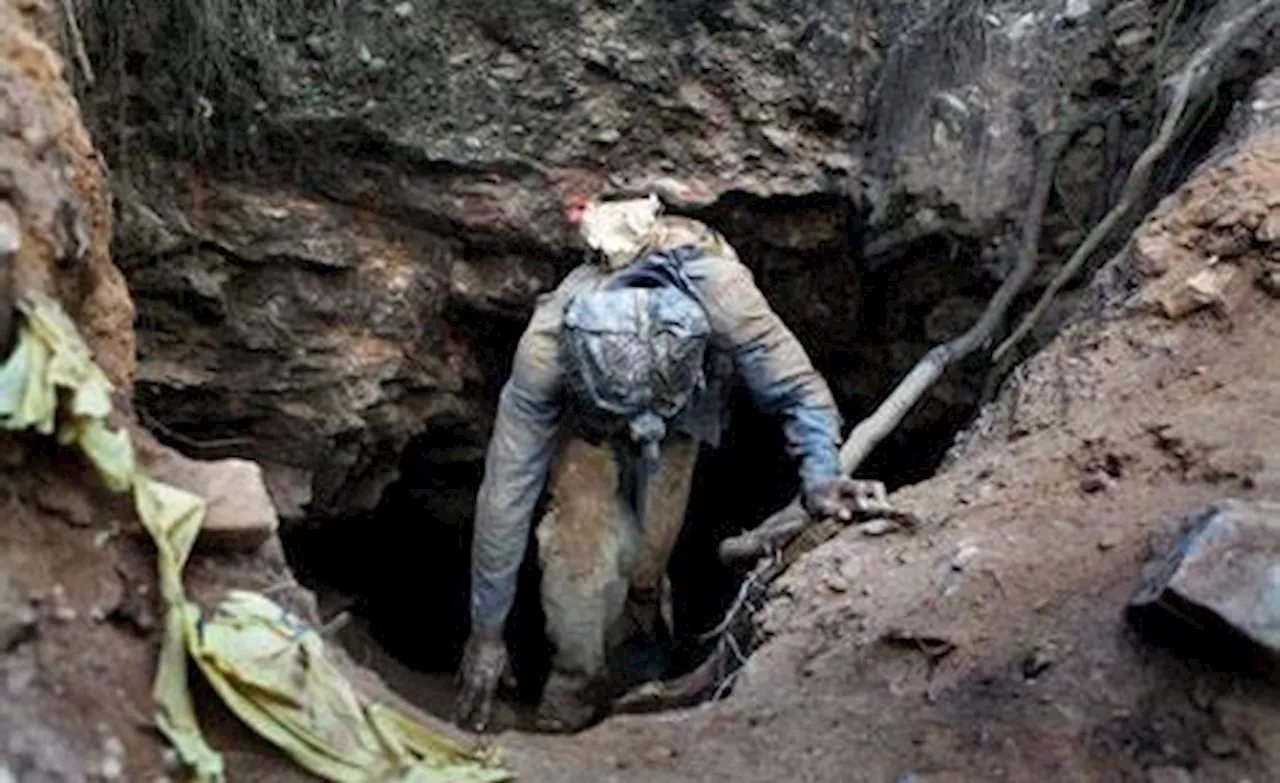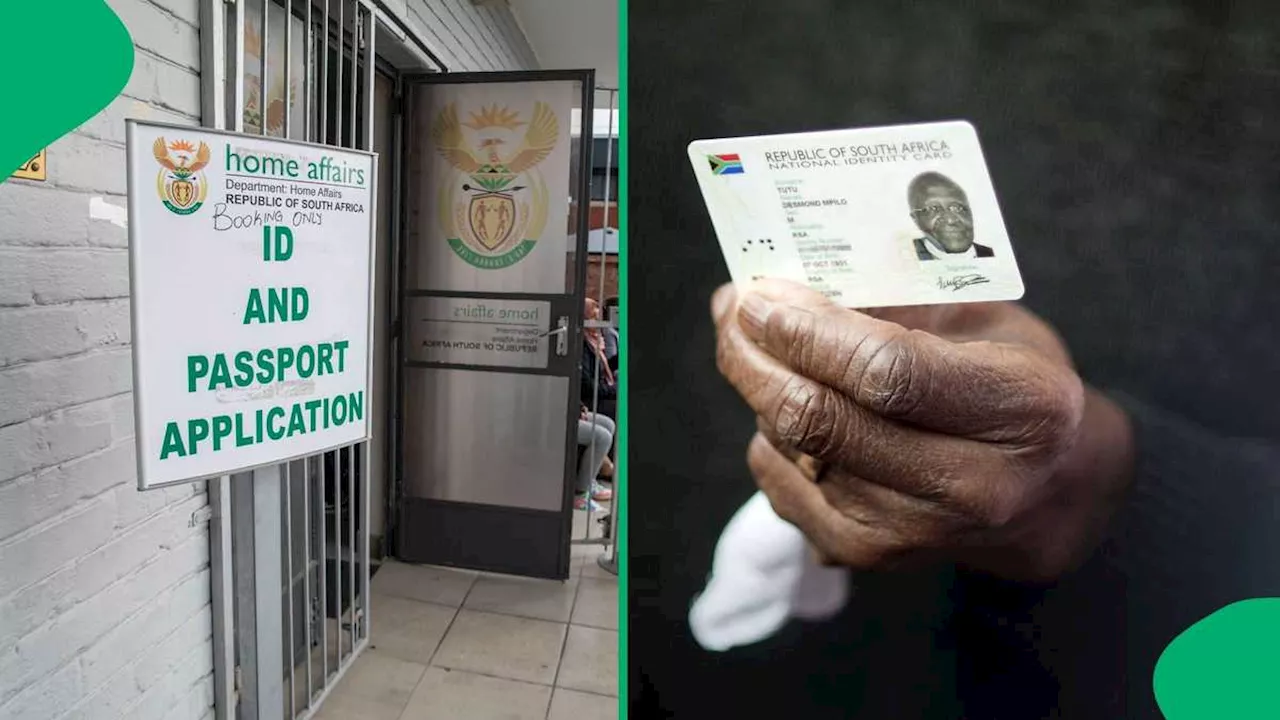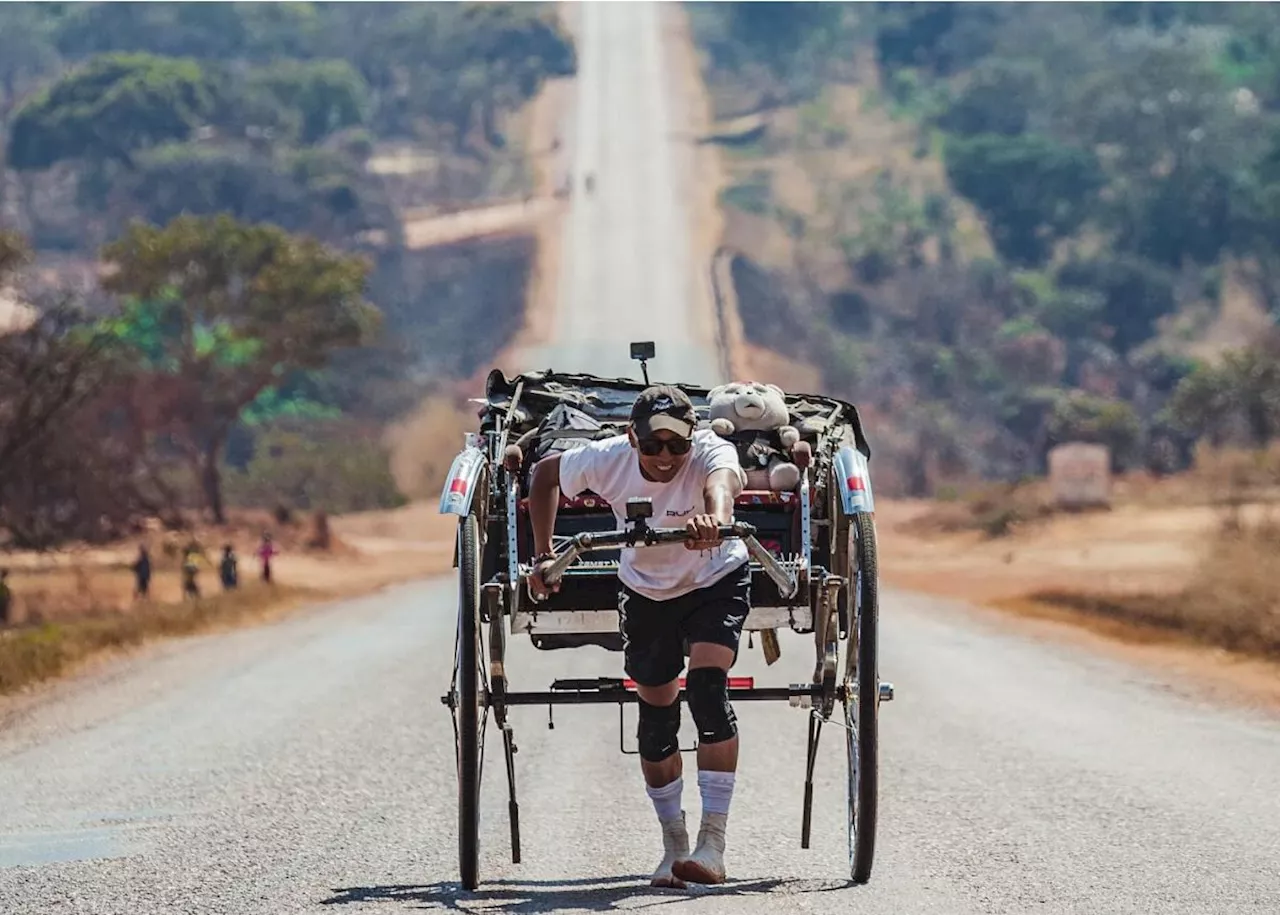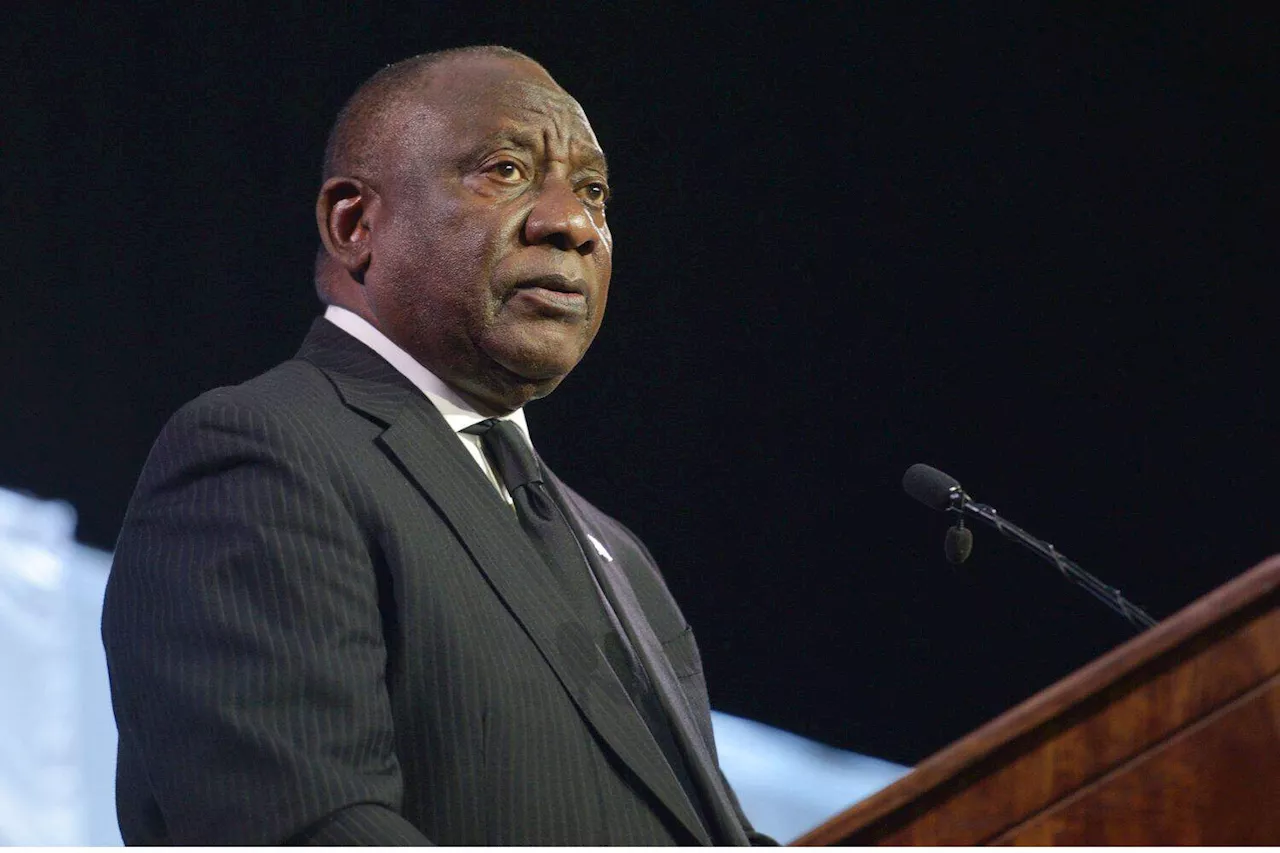President Cyril Ramaphosa signs the Expropriation Bill into law, enabling the seizure of land without compensation for public purposes. The bill has sparked debate, with supporters emphasizing its role in addressing historical land inequalities and critics raising concerns about its potential impact on investor confidence and economic stability.
President Cyril Ramaphosa has signed the Expropriation Bill into law, allowing for the seizure of land without compensation if it serves the public interest. The bill, initially passed by the National Assembly in 2020, faced opposition from the Democratic Alliance (DA), Freedom Front Plus (FF+), and certain civil society organizations.
The Presidency justified the legislation, stating that it empowers local, provincial, and national authorities to expropriate land for public benefit, including promoting inclusivity and access to natural resources. The Presidency emphasized that property expropriation can only occur if deemed in the public interest and preceded by negotiations with the landowner. According to the bill, an expropriating authority is obligated to engage in discussions with the property owner before resorting to expropriation, except in urgent situations requiring temporary use of the property. President Ramaphosa expressed that the bill ensures a fair process for land expropriation while balancing the need for land reform with property rights. He hailed it as a significant step towards addressing historical land inequalities and promoting equitable land redistribution.However, the bill has sparked concerns amongst some sectors. Bennie van Zyl, spokesperson for the farming union TLU, expressed apprehension that the Expropriation Bill will negatively impact investor confidence and economic stability in South Africa. He argued that the decision undermines the foundation of property rights, threatening not only farmers but all South Africans. He warned that the potential expropriation of agricultural land without adequate capacity for productive management could result in rising food prices and food shortages, ultimately affecting millions of South Africans.
LAND REFORM EXPROPRIATION SOUTH AFRICA PROPERTY RIGHTS ECONOMIC STABILITY
South Africa Latest News, South Africa Headlines
Similar News:You can also read news stories similar to this one that we have collected from other news sources.
 South Africa: Death of Miners in South Africa a Government FailureRights groups are criticizing South Africa's government for failing to prevent what they call a 'massacre' at the Buffelsfontein mine, after security officials cut off food, water, and other essential supplies to miners trapped underground and delayed a rescue operation.
South Africa: Death of Miners in South Africa a Government FailureRights groups are criticizing South Africa's government for failing to prevent what they call a 'massacre' at the Buffelsfontein mine, after security officials cut off food, water, and other essential supplies to miners trapped underground and delayed a rescue operation.
Read more »
South Africa's Retirement System Set for Changes with 2025 Draft BillThe 2025 draft Revenue Laws Amendment Bill (RLAB) proposes changes to South Africa's retirement system, including the implementation of a two-pot system. The legislation aims to provide individuals with more flexibility and control over their retirement savings.
Read more »
 South Africa and Rwanda Battle for Africa's Sole Formula 1 Grand Prix SlotSouth Africa and Rwanda are vying for the opportunity to host the return of Formula 1 to Africa, with the two countries making bids to bring the grand prix back to the continent after a 32-year absence.
South Africa and Rwanda Battle for Africa's Sole Formula 1 Grand Prix SlotSouth Africa and Rwanda are vying for the opportunity to host the return of Formula 1 to Africa, with the two countries making bids to bring the grand prix back to the continent after a 32-year absence.
Read more »
 South Africa Leads Africa in Identity Document Fraud, Home Affairs Urges Migration to Smart ID CardSouth Africa is number one on the continent when it comes to identity document fraud, and Home Affairs has urged citizens to switch to the Smart ID Card.
South Africa Leads Africa in Identity Document Fraud, Home Affairs Urges Migration to Smart ID CardSouth Africa is number one on the continent when it comes to identity document fraud, and Home Affairs has urged citizens to switch to the Smart ID Card.
Read more »
 South Africa's Role in Africa's Gun Violence Under ScrutinySouth Africa faces criticism for its contribution to gun violence in Africa, with arms exports and civilian gun ownership fueling criminal activity and conflicts across the continent. The Gun Free South Africa (GFSA) and the African Union (AU) have launched a joint initiative to combat the spread of firearms, aiming to reduce both supply and demand through strengthened controls and addressing root causes.
South Africa's Role in Africa's Gun Violence Under ScrutinySouth Africa faces criticism for its contribution to gun violence in Africa, with arms exports and civilian gun ownership fueling criminal activity and conflicts across the continent. The Gun Free South Africa (GFSA) and the African Union (AU) have launched a joint initiative to combat the spread of firearms, aiming to reduce both supply and demand through strengthened controls and addressing root causes.
Read more »
 Japanese Adventurer Reaches South Africa After Seven-Month Rickshaw Trek Across AfricaGump Suzuki, a 34-year-old Japanese adventurer, has successfully completed a seven-month journey trekking across Africa in a rickshaw. His final destination was Cape Town, which he reached on January 26, 2025. Suzuki's journey, which began in Kenya in June 2024, took him through Tanzania, Zambia, Botswana, and Namibia. Throughout his travels, he encountered both challenges, including a truck accident in Zambia, and unforgettable experiences, such as witnessing African wildlife and the kindness of local people. Suzuki also used his journey as an opportunity to raise awareness and support for those in need along his route.
Japanese Adventurer Reaches South Africa After Seven-Month Rickshaw Trek Across AfricaGump Suzuki, a 34-year-old Japanese adventurer, has successfully completed a seven-month journey trekking across Africa in a rickshaw. His final destination was Cape Town, which he reached on January 26, 2025. Suzuki's journey, which began in Kenya in June 2024, took him through Tanzania, Zambia, Botswana, and Namibia. Throughout his travels, he encountered both challenges, including a truck accident in Zambia, and unforgettable experiences, such as witnessing African wildlife and the kindness of local people. Suzuki also used his journey as an opportunity to raise awareness and support for those in need along his route.
Read more »
